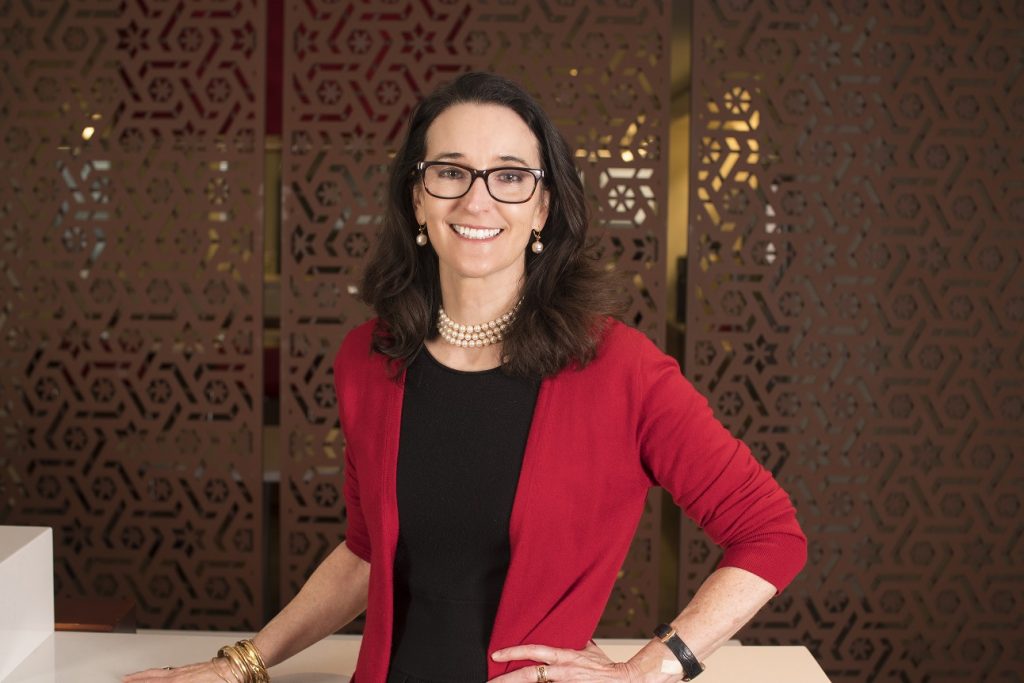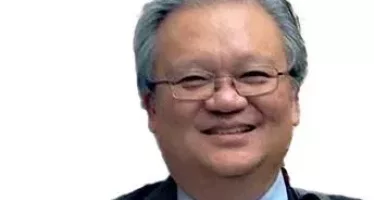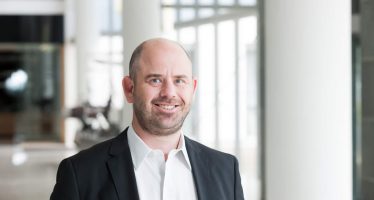Cartica’s ‘Secret Sauce’: Female Leadership, Humility, and Action
Teresa Barger spent 21 years at the International Finance Corporation (IFC) investing in emerging market companies around the world. At the IFC, she held the positions of division manager for Africa, deputy director of investment review, director of private equity and investment funds.

Co-founder & CEO of Cartica Management: Teresa Barger
What are your hopes for the future of your business, and for the industry as a whole?
TB: I would like to see diversity of firm sizes, of active and passive strategies, of country allocation, and of finance professionals. At the same time, I would like to see convergence around support for transparency, honest financial statements, and good governance.
What relevant changes to legislation or regulation would you like to see?
TB: My pipedream would be to see all stock exchanges everywhere outlaw dual-class structures and the concomitant divergence between economic stakes and voting power.
Do you have any anecdotes to illustrate your progress over the years?
TB: In 2010, I met with the representative of an Indian tyre manufacturer. I asked: “What do you think of your stock price?” They answered: “We don’t care about our stock price, and furthermore, we don’t care about our shareholders.” I note that they now have an active IR team and are busy trying to attract investors(!)
How do ESG parameters and sustainability principles affect the way your industries are run?
TB: Thinking deeply about ESG issues — plus corporate culture and management quality — makes asset managers more well-rounded. Engaging with ESG issues exercises what I call “business imagination”. Without business imagination, investors who have access only to publicly disclosed information will always be caught short.
What are the mid- to long-term challenges faced by your business?
TB: Consolidation of investment power in the hands of a few firms is a challenging prospect. We are also getting precariously close to the tipping point where the absurdities of passive investment will be felt. If the market is virtually all passive, who is there to do the thinking about valuation? Also, passive makes select companies more expensive (with less future value) and leaves behind companies that will be less expensive (more upside). To make markets function, active investors must be sufficiently present to complete the arbitrage.
What excites you about the business world in general?
TB: Since I was 10, I have been convinced that successful businesses allow people to live decent lives. If companies compete fairly and create goods and services at a fair price, then a virtuous economic cycle ensues. And this is what allows us to feed, clothe, and educate our families.
What lessons did you learn from your earlier career experience?
TB: Humility is the corporate value from which all other corporate values flow.
What motivates and enthuses you about the business?
TB: Since we are ESG-improvement investors in the listed space, we want to learn and make companies better every day. This is how we will outperform for our clients.
What is special about your organisation’s management style?
TB: The most special thing about us is that three of the four top executives are women. It is unfortunate that this should be “special”.
What are the key strengths of the team?
TB: Everyone in this business is smart; what matters is how you use that intelligence. The Cartica team is motivated to dig deeper, understand how the blood flows through a company’s arteries, and find practices that can be improved to make the company more valuable.
At IFC, Barger created the first index for EM private equity and co-founded the Emerging Markets Private Equity Association (EMPEA). She also developed the first two corporate governance funds in the emerging markets, for Korea and Brazil. She was subsequently director of corporate governance and securities market development.
In this latter position, she was responsible for the governance aspects of IFC investments and for using governance as a value-adding strategy. She also created the Gemloc bond fund, index, and market development programme for local currency bonds.
Before joining IFC, Barger was with McKinsey & Company. She is a member of the Council on Foreign Relations and serves on the boards of American University in Cairo, National Investment and Infrastructure Fund of India, Poema Global, and ANERA. She also serves on the advisory council for Princeville Global.
Teresa Barger received her AB magna cum laude from Harvard College and an MBA from the Yale School of Management. She did post-graduate work at the American University in Cairo, and speaks Arabic and French
You may have an interest in also reading…
Creating More Strategic Relevance for the Investment Banking Sector
Many people think of investment banks as firms with a rolodex of fixed income and equity investors and companies that
Mutually Beneficial New Investment Strategies
Old Mutual Investment Group’s Rob Lewenson explains how he and his team stay ahead of the game when it comes
Quiet, Unassuming, Modest — and One of the World’s Most Powerful Women
Wealthy philanthropist and CEO of Fidelity Investments Abigail Johnson came up through the ranks of the family business ‘the old
















































































